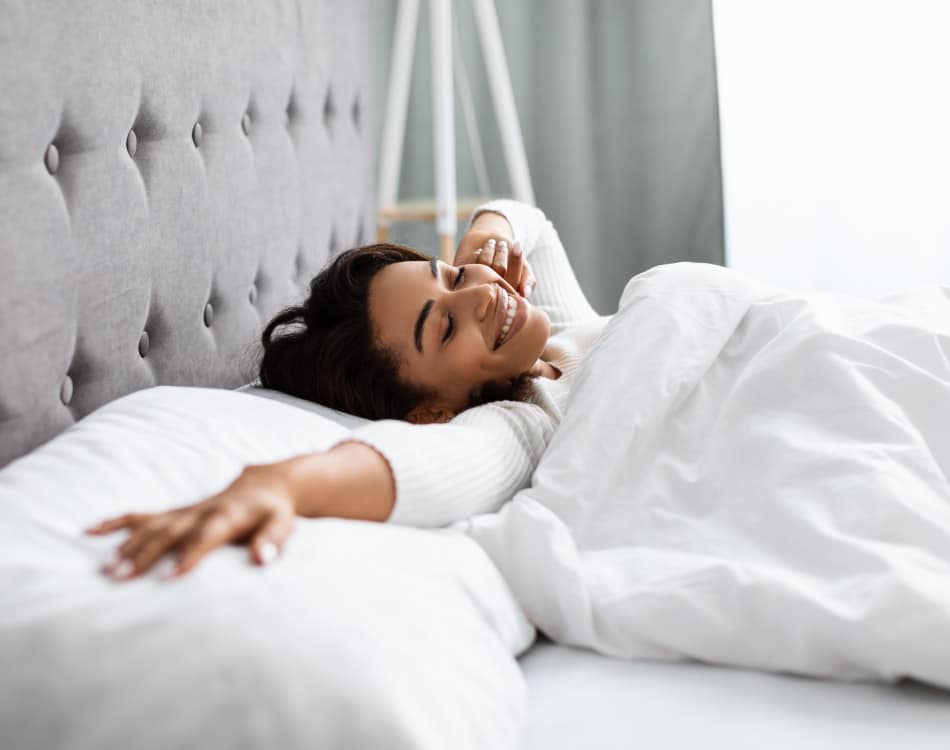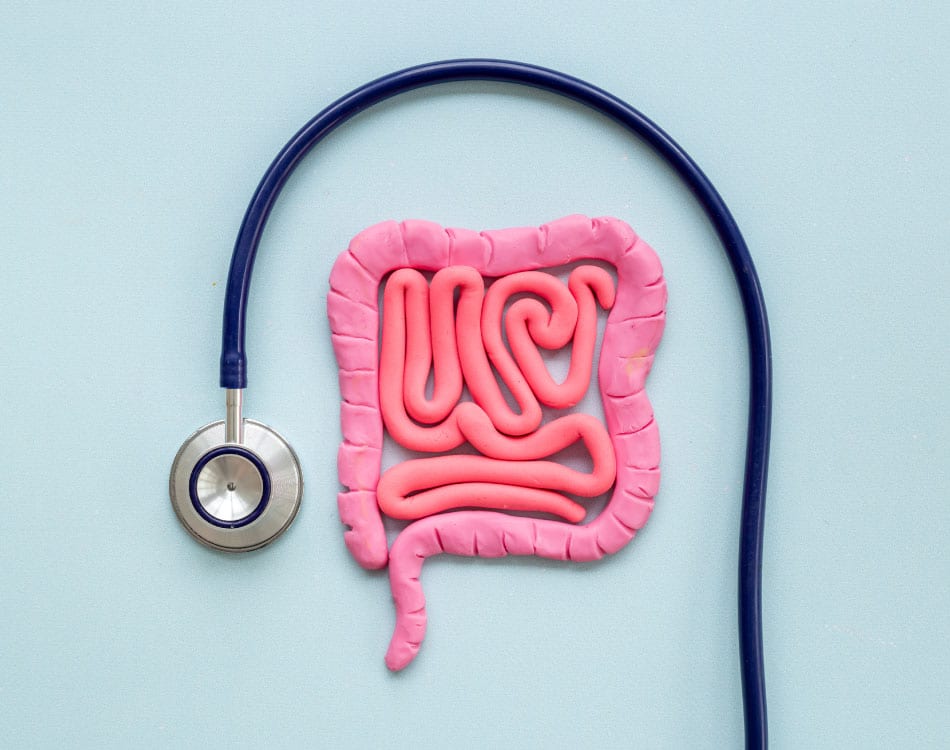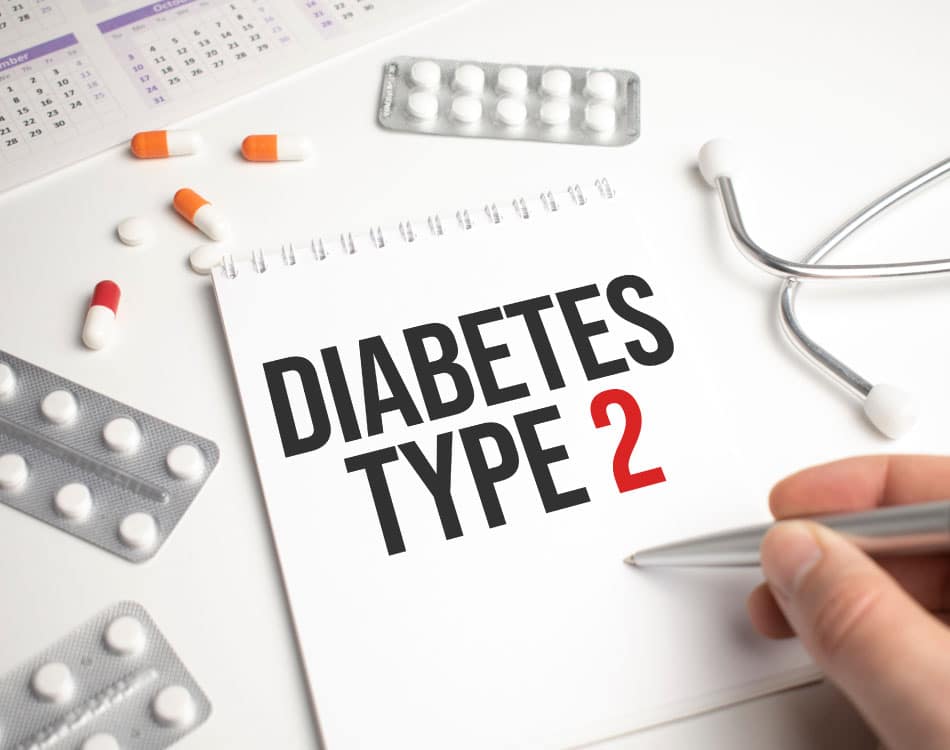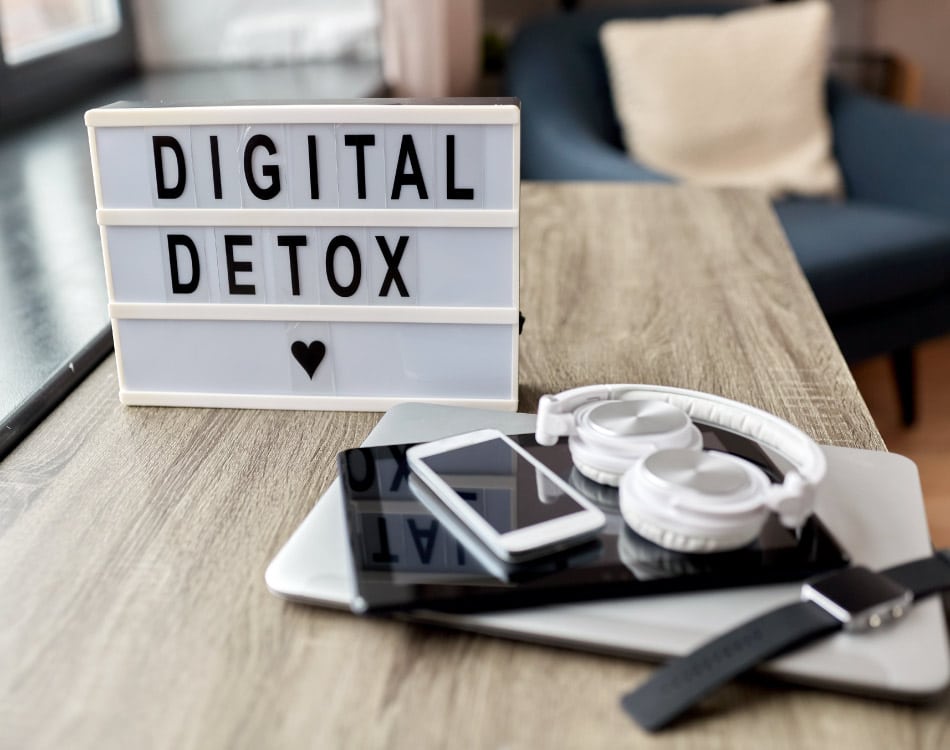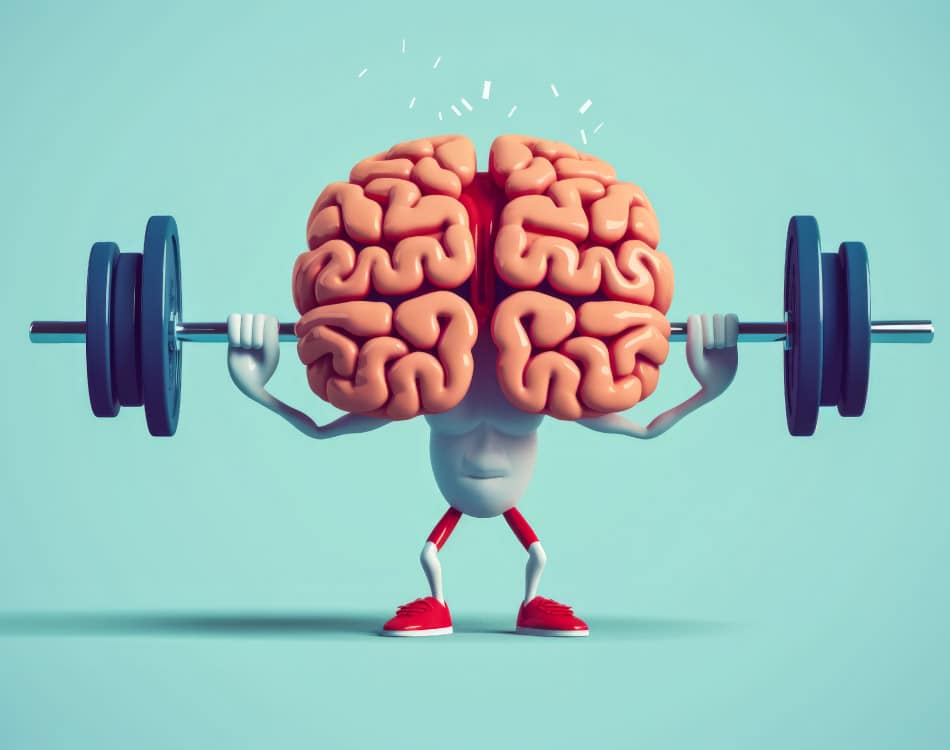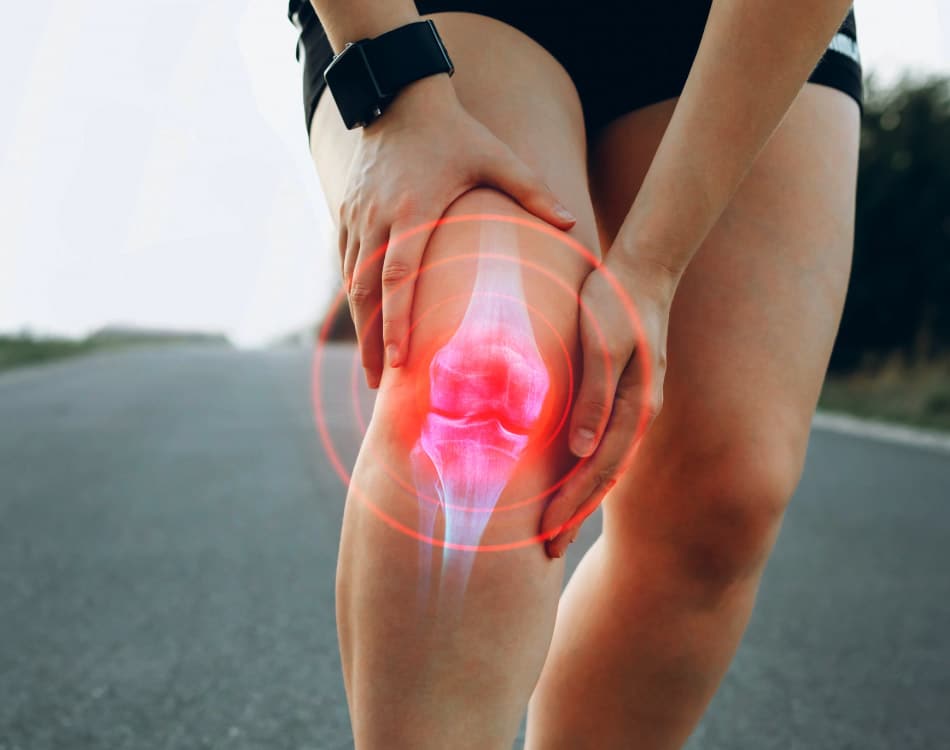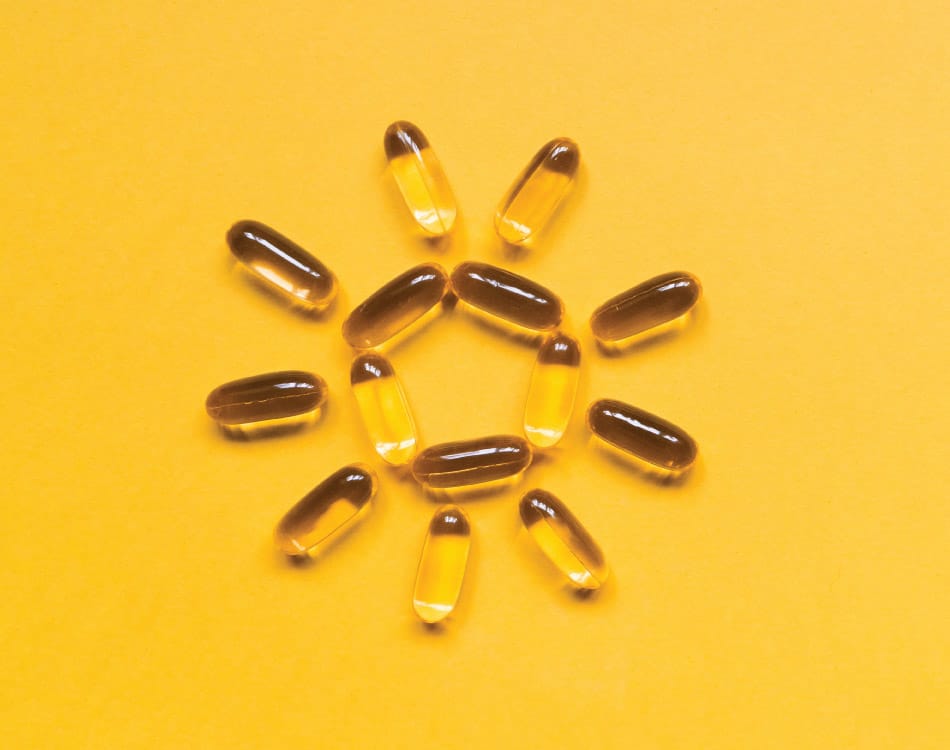Good sleep is vital for vibrant health, physical and cognitive performance, and optimal recovery.
It’s the time when we restore and rejuvenate body and mind through various processes that repair cells throughout our body, and restores and strengthens the immune and nervous systems.
Sleep is also responsible for maintaining normal cognitive function, including speech, memory, innovative, and flexible thinking.
READ MORE | Break Bad Bedtime Habits To Sleep Better
Good sleep is about quality and quantity
Healthy restorative sleep is a combination of quantity (7 to 9 hours a night) and quality (sufficient time spent in the deep sleep phase).
And every good night of quality sleep needs a healthy bedtime routine that helps you fall asleep quickly because the hours before midnight are golden when it comes to sleep quality.
READ MORE | More Reason To Sleep Better, Now!
The golden sleep rule
A full night of sleep includes a series of 90-minute cycles. During each sleep cycle, your brain moves from deep, non-rapid eye movement (non-REM) sleep to REM sleep. While the duration of every subsequent sleep cycle remains constant at 90 minutes, the ratio of non-REM to REM sleep changes.
And it is the early stages when you typically experience the most restorative non-REM sleep. It is typically between 8 pm and 12 am when your brain and body have the best opportunity to get all the non-REM and REM sleep they need to function optimally the next day.
As such, it is time to spring clean your sleep routine by implementing healthy bedtime habits with some sound sleep hygiene practises to help you fall asleep faster and drop into deep non-REM sleep sooner.
READ MORE | Become A Super Sleeper With These Tips And Sleeping Aids
Establish good sleep hygiene practises
Sleep hygiene includes factors such as your environment and surroundings and your habits leading up to bedtime.
Every sound bedtime routine requires a set, consistent bedtime. After establishing a standard bed time, create a wind-down routine that is conducive to better sleep around this schedule.
Developing a routine each night before bed will help prepare your mind and body for sleep. This could include activities that calm your body and mind, like reading, meditation or taking a relaxing bath. Drinking herbal teas before bed can also help calm your body and mind.
Try to avoid intense exercise, and stimulants from coffee, energy drinks or pre-workout supplements late in the afternoon or early evening as your increased heart rate and elevated body temperature can hamper your ability to fall asleep quickly.
And aim to eat dinner early and avoid large, carb-laden meals. And do not drink alcohol before bed as it can suppresses melatonin production, which is an important sleep-regulating hormone that governs our wake-sleep cycle.
Eliminate light from your bedroom
You can boost natural melatonin production by reducing exposure to artificial light at night and eliminating light from your bedroom, especially blue light from TV, smartphone, tablet and laptop screens. Exposure to artificial light can reduce melatonin production at night, which often results in an inability to fall asleep quickly, night-time wakefulness, or altered sleep patterns.
Creating a dark environment in which to wind down with black-out curtains and a no-device rule in the bedroom will help you fall asleep faster.
And don’t work in bed. Not only does it expose your brain to blue light from the screen but it also prevents your brain from turning off and over-stimulates your senses, which will keep you awake.
Regulate body temperature
Another way to increase melatonin output at night is to expose yourself to intense light during the day, especially sunlight.
Bright light causes body temperature to rise and suppresses melatonin production during the day, which makes you feel more awake.
It also causes your body temperature to drop more efficiently at night, which increases melatonin output. Similarly, keeping your bedroom at a cool (not cold) temperature helps your body temperature drop to levels that induce sleep.
READ MORE | 3 Steps To Boost Post-Workout Recovery For Endurance Athletes
Supplement support
If you still struggle to fall asleep quickly and stay asleep, consider adding supplements to your routine. A natural product like Biogen Sure Sleep contains herbal ingredients such as valerian extract, passion flower and hops extract, which can help you relax and calms your mind and body.
A supplement that supports natural serotonin production, like Biogen’s 5-HTP Neuro can also support better sleep quality. Other off-the-shelf supplements that may offer additional support include magnesium, calcium, CBD and GABA, a neurotransmitter responsible for calming your central nervous system.
Products like Biogen RE | NU Beauty Sleep are also designed to help you unwind and de-stress as each serving contains valerian and vitamin B6 to support healthy sleep and rejuvenation. The combination of passionflower, valerian and lemon balm may also support mental relaxation.
READ MORE | Biogen Adds Beauty Sleep To Platinum Re | Nu Range
5 tips to help you fall asleep faster:
- Increase your exposure to sunlight during the day. It will help you fall asleep quicker and improves deep sleep.
- Move more. Just 30 minutes of exercise a day correlated with 14 extra minutes of sleep per night in one study.
- Reduce your sugar, alcohol and caffeine intakes. This will improve sleep quality and reduces nighttime wakefulness.
- Write done anything you need to remember for the next day before going to sleep. And keep a notebook next to your bed in case you think of anything else you need to remember.
- Try avoid napping during the day, especially later in the afternoon

